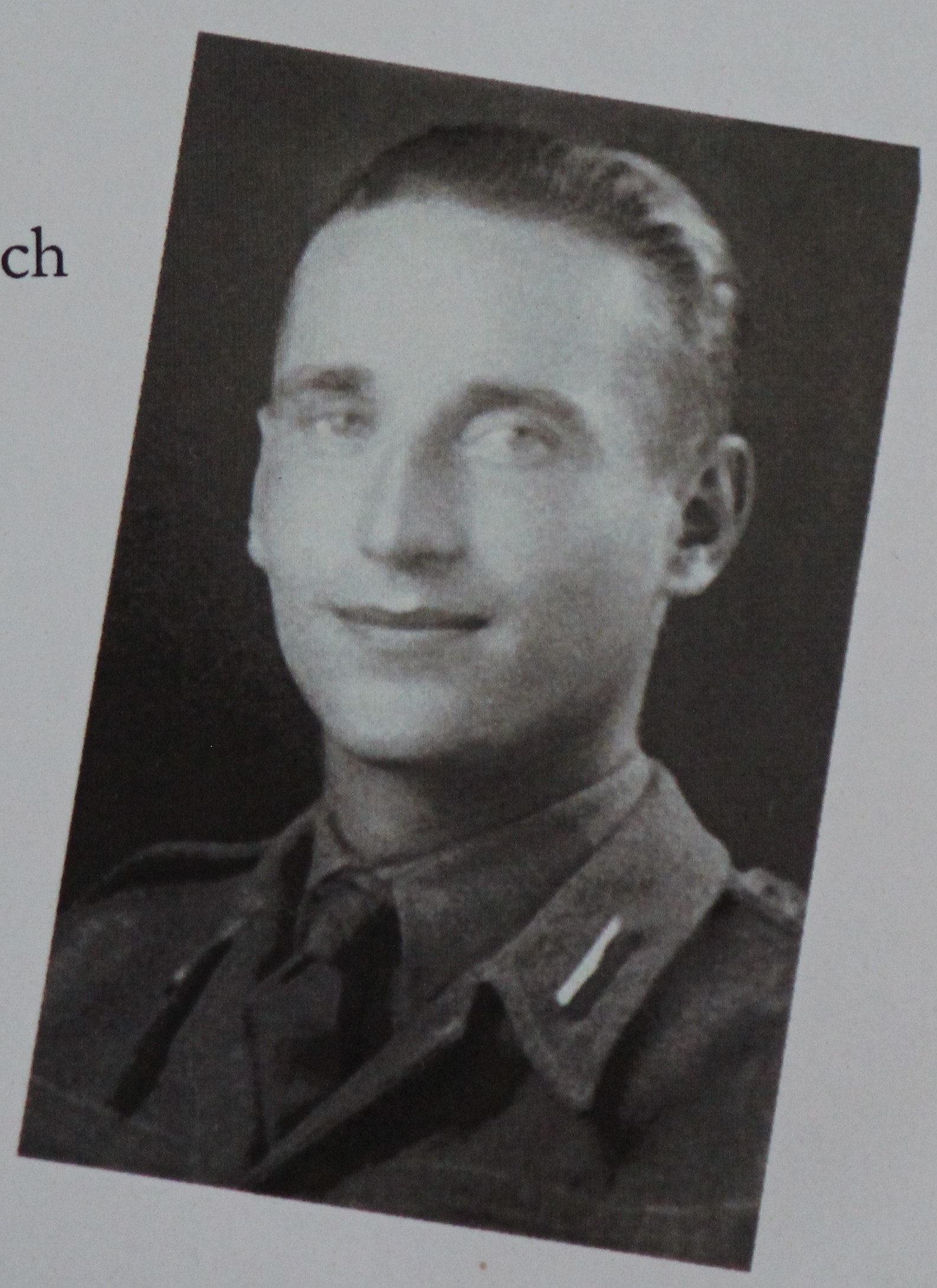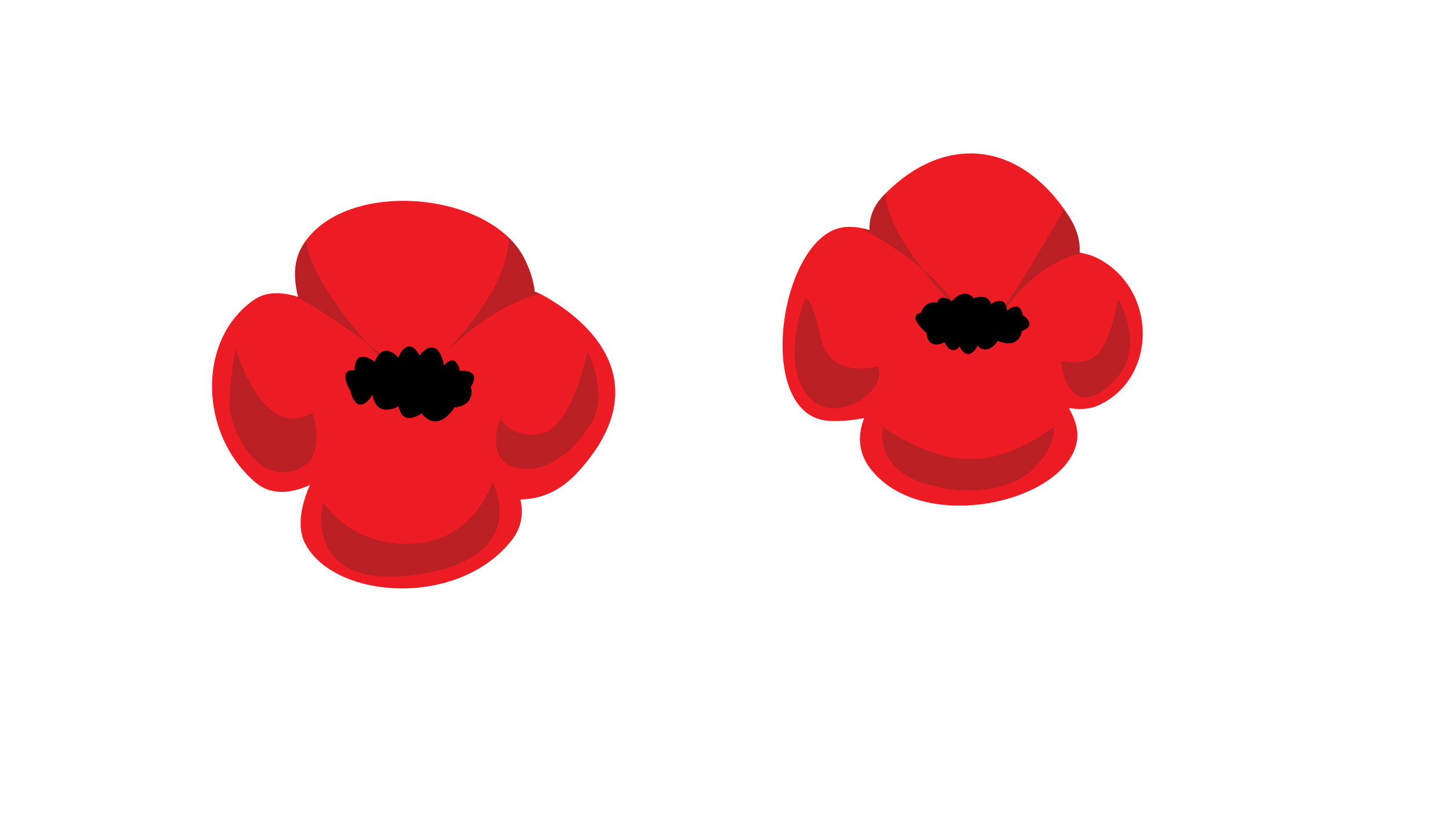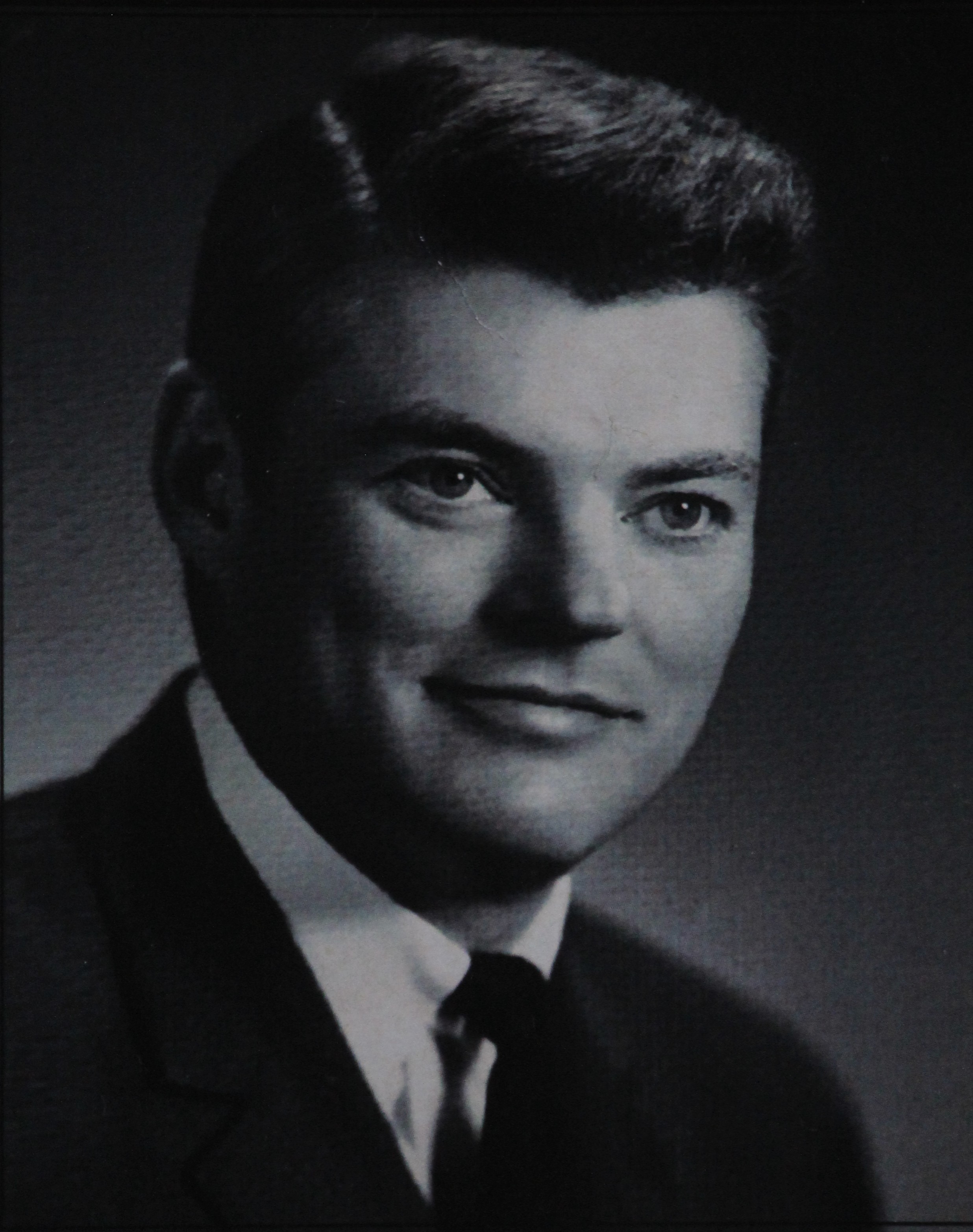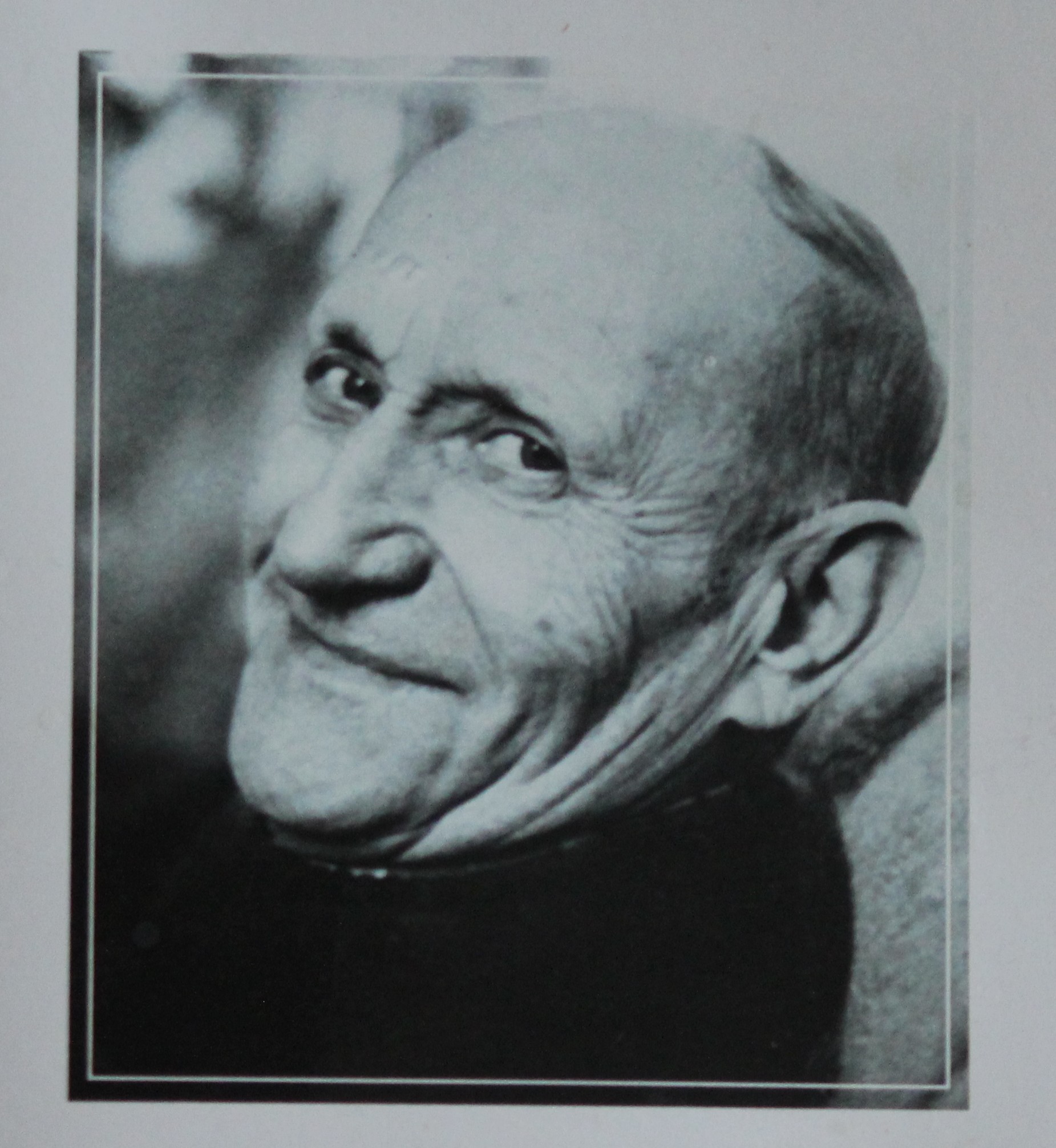Reflecting on the effect WWII had on one family
In 1918, Nov. 11 marked the day the Allies and Germany signed the armistice that ended World War I (WWI), supposedly around 11 a.m. Now known as Remembrance Day, Nov. 11 is a day to remember the sacrifices made by those in the line of duty, the lives lost during times of war and lives still being lost today. It’s a dark memorial day for many, and each person’s familial ties with both WWI and World War II (WWII) will invariably differ. However, the act of remembering those enlisted, albeit willingly or not, who have lost their lives to political conflicts is an act of respect we should all put our personal politics aside for.
Throughout my childhood, Remembrance Day was a day where I’d proudly watch my grandpa, Ryzard Guziak, address his fellow veterans at his branch of The Royal Canadian Legion in Toronto. Dressed to the nines in full uniform, adorned with pins and ribbons, him and his lifelong friends would oscillate between warmly reminiscing their youth and sadly remembering their fallen friends who were denied life beyond adolescence.
Nov. 11 is a day of remembering Ryzard’s sacrifices throughout WWII; about remembering my other grandpa, Roger Hutchins, and his decision to join the Royal Canadian Naval Volunteer Reserve in 1943, and the sacrifices that entailed. It should be noted, though, that Ryzard and Roger’s war stories are vastly different. Roger willingly joined the Royal Canadian Naval Volunteer Reserve and remained stationed in Canada until the war ended, before eventually transferring to the Fleet Air Arm by 1950. Ryzard’s story, however, is much more complex. Since both of them have passed away, all I have are my memories.
Remembrance Day is one where I remember the decisions they made for freedom; for the freedom of future generations. I think of my sisters and I—of my niece, Stella, who neither of my grandpas got the chance to meet—and of the privilege we all had of growing up in stable conditions. I think of the freedom we have in our everyday lives; the freedom to mobilize and express our thoughts. Nov. 11 is a day where I remember Roger and Ryzard’s lives—how WWII adversely affected them, both on and off the battlefields—and what theirs, and so many other sacrifices, mean to the liberties we’re accustomed to.
Ryzard Guziak, my mother’s father, was born in Krynki, Poland in 1923, and raised in Bródno, a town in the northeast section of the Warsaw borough. My great-grandfather, Karol Guziak, was chief of detectives in Bródno, according to my grandma, Evelyn Guziak. When WWII was declared in 1939, the Germans immediately invaded Poland due to the proximity of their borders. “The Nazis just walked in and took over everything,” said Evelyn. Karol, Ryzard, and his mother were caught by Nazis at the Polish border while trying to flee to Lithuania. Nazis took Karol away and imprisoned him somewhere in Poland. Ryzard and his mother never saw Karol again; it’s assumed he was killed while imprisoned.
Ryzard was 16 at the time, temporarily living with his mother under Nazi occupation. However, their house was seized by Nazis, their valuables taken from them and, eventually, my grandfather too. According to Evelyn, in 1940, the Nazis came for Ryzard and many other young men in the middle of the night and, within hours, he was forcibly put on a train headed for Siberia. For the next few years, Ryzard worked in extremely poor conditions in the Russian salt mines, while tensions grew between the Nazis and Russians. By 1942, Russia was knee-deep in combat against the Nazis, and released most of their prisoners working in the mines, Ryzard included.
With absolutely nothing, not even proper clothes to weather the harsh temperatures in Russia, Ryzard jumped from train to train in hopes of finding a Polish recruitment centre he’d heard rumours of somewhere deep in Russia. After eventually finding the recruitment centre, around 1943, Ryzard made his way by train from Russia to Egypt to join the The Polish II Corps. But when Ryzard arrived, already incredibly ill from malnourishment, he contracted a skin disease from a dirty razor, causing his health to decline even further.

Evelyn recalled a story Ryzard once told her, which likely occurred during the Battle of Monte Cassino. He and his platoon partner were on patrol somewhere in central Italy, and took a break to go to the bathroom in the woods. Only a few feet from Ryzard, his friend stepped on a landmine. “I’m sure [Ryzard] got splattered,” said Evelyn with a shudder. Luckily, Ryzard came out of the Battle relatively unscathed, except for a knick on his chin from a sniper that barely missed him.
WWII ended while Ryzard was still stationed in Italy, and since Poland had become communist throughout the war, he and his friends decided to stay in Modena for the time being. By the end of 1945, Ryzard’s station was moved to Britain, and eventually to Glasgow, Scotland, where he met my grandmother. At the time, Evelyn’s maiden name was McElroy. My grandparents met in a dance club called The Locarno, where they ballroom-danced the night away. Within six months, they were married. By 1952, they immigrated to Canada together, first docking in Montreal but eventually choosing Toronto as their final destination. And the rest, as they say, is history.
Feature image archive photo courtesy of the Guziak and Hutchins family.






